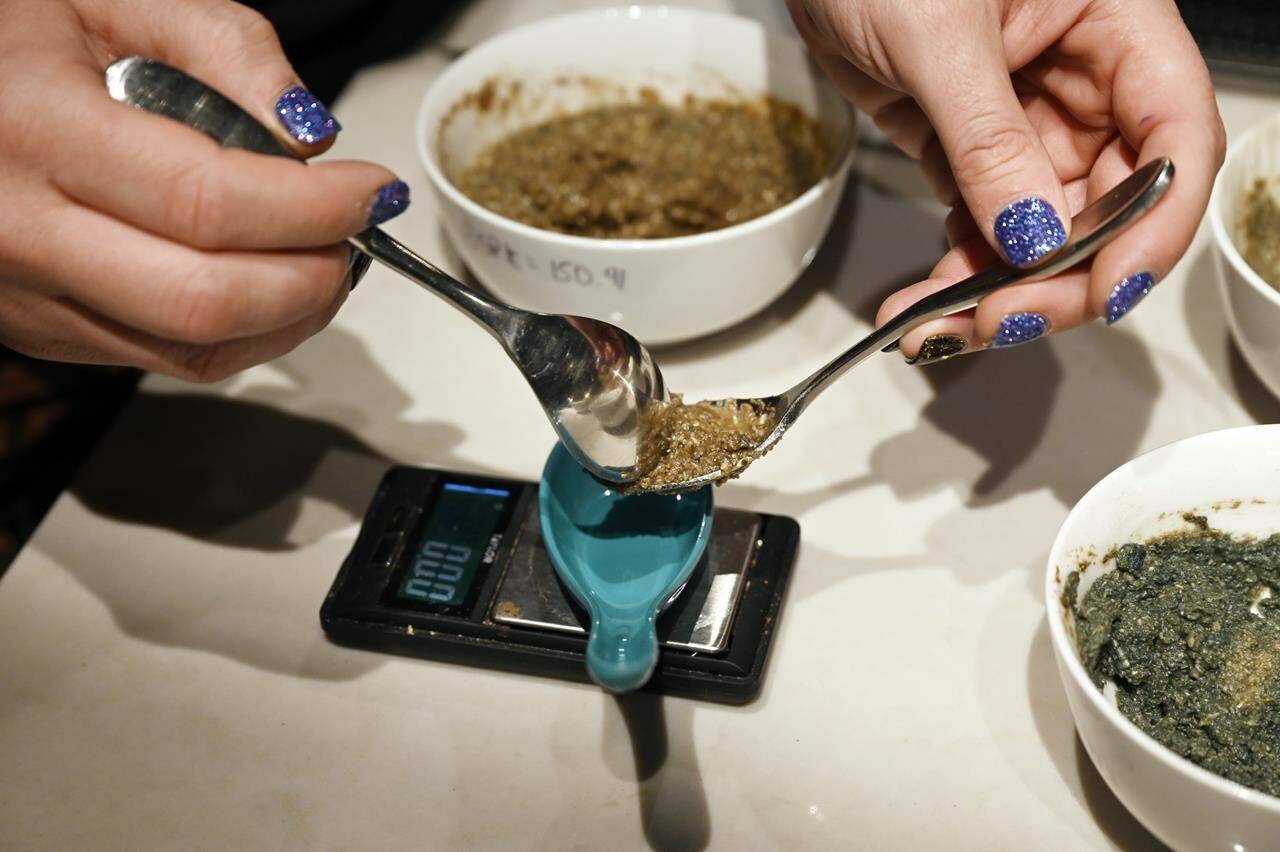Colorado voters have passed a ballot initiative to decriminalize psychedelic mushrooms for people 21 and older and to create state-regulated “healing centres” where participants can experience the drug under supervision.
Colorado becomes the second state, after Oregon, to vote to establish a regulated system for substances like psilocybin and psilocin, the hallucinogens found in some mushrooms. The initiative, which would take effect in 2024, also will allow an advisory board to add other plant-based psychedelic drugs to the program in 2026.
Supporters argued that the state’s current approach to mental health has failed and that naturally occurring psychedelics, which have been used for hundreds of years, can treat depression, PTSD, anxiety, addiction and other conditions. They also said jailing people for the non-violent offence of using naturally occurring substances costs taxpayers money.
Natural Medicine Colorado, the group that promoted the measure, called its passage “a truly historic moment.”
“Colorado voters saw the benefit of regulated access to natural medicines, including psilocybin, so people with PTSD, terminal illness, depression, anxiety and other mental health issues can heal,” the group said in a prepared statement.
READ MORE: Magical medicine: B.C. cannabis farmers are ready to safely produce psilocybin
But critics warned that the Food and Drug Administration has not approved the substances as medicine. They also argued that allowing “healing centres” to operate, and allowing private personal use of the drugs, would jeopardize public safety and send the wrong message to kids and adults alike that the substances are healthy.
The move comes a decade after Colorado voted to legalize recreational marijuana, after initially allowing its use for medical reasons, which led to a multibillion-dollar industry with hundreds of dispensaries popping up across the state.
READ MORE: More than 100 Canadian health-care professionals challenge rejection of psilocybin access
Critics of the latest ballot initiative say the same deep-pocketed players who have pushed for legalizing recreational marijuana in various states are using a similar playbook to create a commercial market, and eventually recreational dispensaries, for dangerous substances.
Voters in this week’s midterm elections approved recreational marijuana in Maryland and Missouri but rejected it in two other states, signalling support gradually growing for legalization even in conservative parts of the country.
The results mean that 21 states have approved marijuana’s recreational use.
Under Colorado’s measure, the psychedelics that would be decriminalized are listed as schedule 1 controlled substances under state and federal law and are defined as drugs with no currently accepted medical use with a high potential for abuse.
Even so, the FDA has designated psilocybin a “breakthrough therapy” to treat major depressive disorder. The designation can expedite research, development and review of a drug if it might offer substantial improvements over existing treatments.
Colorado’s ballot initiative would allow those 21 and older to grow, possess and share the psychedelic substances but not sell them for personal use. It also would allow people who have been convicted of offences involving the substances to have their criminal records sealed.
Those who want to use mushrooms would not need approval from a doctor. In addition to being able to grow and use their own mushrooms, those who want to try the therapy could do so through the newly formed “healing centres,” which would be allowed to supply clients with mushrooms but not sell them. Instead, clients would pay for the services of the “facilitator” at the centre.
Proponents have stressed that the measure does not allow dispensaries like those selling recreational and medical marijuana.
In 2020, Oregon became the first state in the nation to legalize the therapeutic, supervised use of psilocybin after 56% of voters approved Ballot Measure 109. But unlike the Colorado measure, Oregon allows counties to opt out of the program if their constituents vote to do so.
Oregon’s initiative is expected to take effect at the beginning of next year.
Washington, D.C., and Denver have partially decriminalized psychedelic mushrooms by requiring law enforcement officers to treat them as their lowest priority.
– Thomas Peipert, The Associated Press
***
Find the latest must-read stories from the cannabis world at canadianevergreen.com, your go-to source for news, trends, products and lifestyle inspiration from the cannabis community and beyond. You can also follow us on Facebook and Instagram and Twitter.

